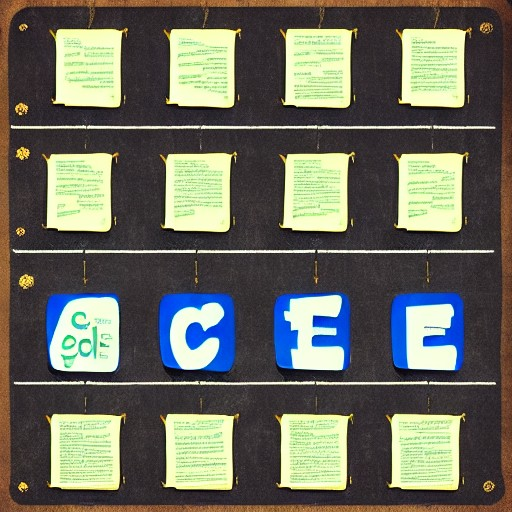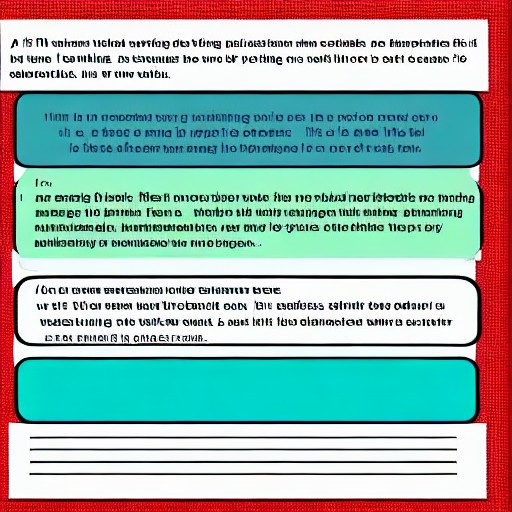Tips for Effective Communication
Communication is an essential skill in all aspects of life. Whether it's personal or professional, communicating effectively can make a big difference in achieving your goals. Here are some tips for effective communication:

1. Listen actively
Effective communication starts with active listening. This means paying attention to the person speaking and showing that you understand their message. You can show active listening by making eye contact, nodding your head, and asking clarifying questions. Avoid interrupting or thinking about your response while the other person is talking.
2. Be clear and concise
When you're communicating a message, it's important to be clear and concise. Use simple language and avoid jargon or technical terms that the listener may not understand. Stick to the point and avoid going off on tangents. If you have a lot of information to convey, organize it into key points and deliver them in a logical sequence.

3. Use appropriate body language
Body language plays a significant role in communication. Your gestures, facial expressions, and posture can convey your message just as much as your words. Use open body language, such as uncrossed arms and leaning forward, to show that you're engaged and interested. Avoid defensive body language, such as crossing your arms or legs, which can signal defensiveness or disagreement.

4. Be empathetic
Empathy is the ability to understand and share the feelings of others. When you communicate, try to see things from the other person's perspective. This can help you tailor your message to their needs and show that you care about their concerns. Empathy can also help you build trust and rapport with others.

5. Practice active voice
Active voice is a writing style that emphasizes the action of the sentence. It's more direct and engaging than passive voice, which can make your message sound weak or impersonal. For example, "I completed the report" is active voice, while "the report was completed by me" is passive voice. Practice using active voice in your writing and speaking to make your message more impactful.

6. Provide feedback
Feedback is essential for effective communication. It can help you understand how your message was received and identify areas for improvement. When giving feedback, be specific and focus on the behavior or message, not the person. Use "I" statements to convey your own feelings and perceptions, rather than making assumptions or judgments about the other person.
7. Clarify expectations
Effective communication often requires clear expectations. When you're communicating with others, be clear about what you expect from them and what they can expect from you. This can help avoid misunderstandings or confusion later on. If you're not sure about someone else's expectations, ask for clarification.

Conclusion
Effective communication is a skill that takes practice and effort. By following these tips, you can improve your ability to communicate with others and achieve your goals. Remember to listen actively, be clear and concise, use appropriate body language, be empathetic, practice active voice, provide feedback, and clarify expectations.